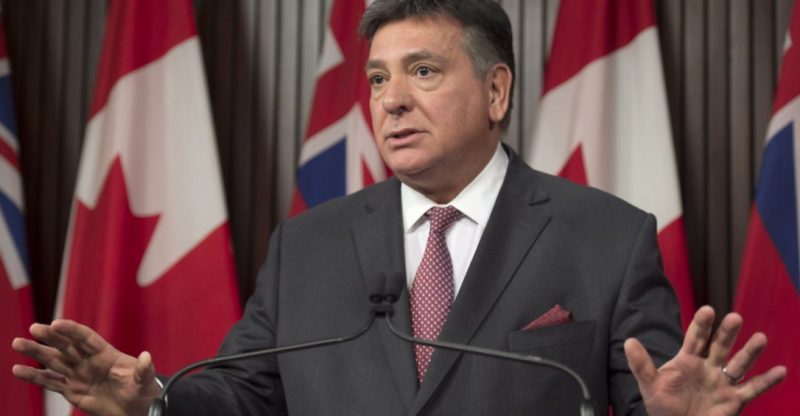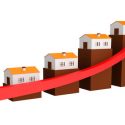Ideas for controlling the housing market in Ontario; Minister Sousa, not happy
Ontario’s finance minister, Mr. Charles Sousa, is disappointed that the federal government has not taken action to put the fire out in the Greater Toronto Area’s housing market which continues to heat up. This is evident by the almost 28% increase of the average home prices from 2016, bringing the price to $875, 983.
His method of tempering the housing market is to increase capital gains taxes on the sales of houses that are not primary residences.
What is a primary residence?
Also called a main residence, is the place where an individual lives—it may be a house or an apartment—which is considered to be a legal residence on for the purpose of income tax and/or acquiring mortgage.
According to him, the tax increase will discourage those persons who are interested in flipping the property to sell at an inflated price at a later date while still aiding first-time home buyers take their first steps into the housing market.
The federal government “ignores” his suggestions; capital gains are still, still. Since “they” are refusing to take the Ontario housing market seriously, Mr. Sousa has decided to take matters into his own hands as par his promises.
Here are some of the ways to tame the market:
Limit the access to credit
Thanks to low interest rates, houses are cheaper and more tangible to get. The federal government could do one of two things to cool the housing market:
1. Placing roadblocks in the paths of Canadians who are trying to own homes by reducing the length of mortgage amortization periods, increase the 5% minimum down-payment which is a criterion for all buyers that require a CMHC insurance or,
2. Reduce the credit which would adversely affect prices and demand by reducing the number of buyers on the housing market. In essence, taming them.
The pros and cons of both would have to be weighed, examined and scrutinized in order to have the best results.
This is not to say that the federal government has not taken steps to combat the madness in the housing market; there are 6 rounds of what is called, macroprudential.
What is macroprudential?
This is the approach to financial regulation aimed to mitigate the risk of the financial system a a whole. There is still much to be done to tame the market—so to speak—but as of now, there doesn’t seem to be any sign that the feds will do anything about it.
According to the chief economist of TD Bank Group, Beata Caranci, whenever there is an implementation of a new rule or adjustment of an existing one, any housing market calms down for about half a year but goes right back where it was before all that effort was put into revising the rules:
“What we’ve seen the last couple of times is those rules are becoming less and less effective.”
When last were there any changes made to adjust the housing market?
Changes were last made in October of last year: stress testing for borrowers was increased. That ended up doing absolutely nothing to curb the prices of housing prices in the city of Toronto.
The chief economist for industry group, Mortgage Professionals Canada, Will Dunning believes that the changes will “weaken the broader economy” according to the statement he sent.
Increase supply
Another way to control the madness in the housing market would be to erect more houses. This will take most of the heat off of the properties that already exist on the market; naturally, prices will normalize. Simply put: increased supply, low prices.
There is a land, measuring at 810,000 hectares in the southern part of the Ontario that is also responsible for limiting supply since it is a greenbelt. But according to Neptis Foundation, a non-profit research group, that is just an excuse; there is plenty of room.
Upon examining the housing market in the city of Toronto, Mr. Kavcic argues that the supply issue in that particular market is about the “composition of the housing market”.
Foreign buyers paying taxes
The TREB does not agree that taxing foreign buyers will solve the problem for they are an integral part of making the market move. All non-resident buyers make up less than 5% of transactions, so it sees no need for that.
While on the other hand, chief economist for BMO, Doug Porter, believes that a foreign buyer tax will be good. He argues that it gives the government more power to step into the market and make changes.
Tax speculators
The land transfer tax could be reshaped in such a way that a seller of a property takes on fees. The shorter the duration of ownership, the higher the levy. Whatever the case may be, the tax should be revenue neutral.
Tax vacant homes
Placing a tariff on houses that go uninhabited for awhile might increase the supply and calm prices.
Those who own second houses should it either lease their secondary house out for at least half a year or pay a 1% charge based on the value of the property. Last year, 20,000 properties went empty.





